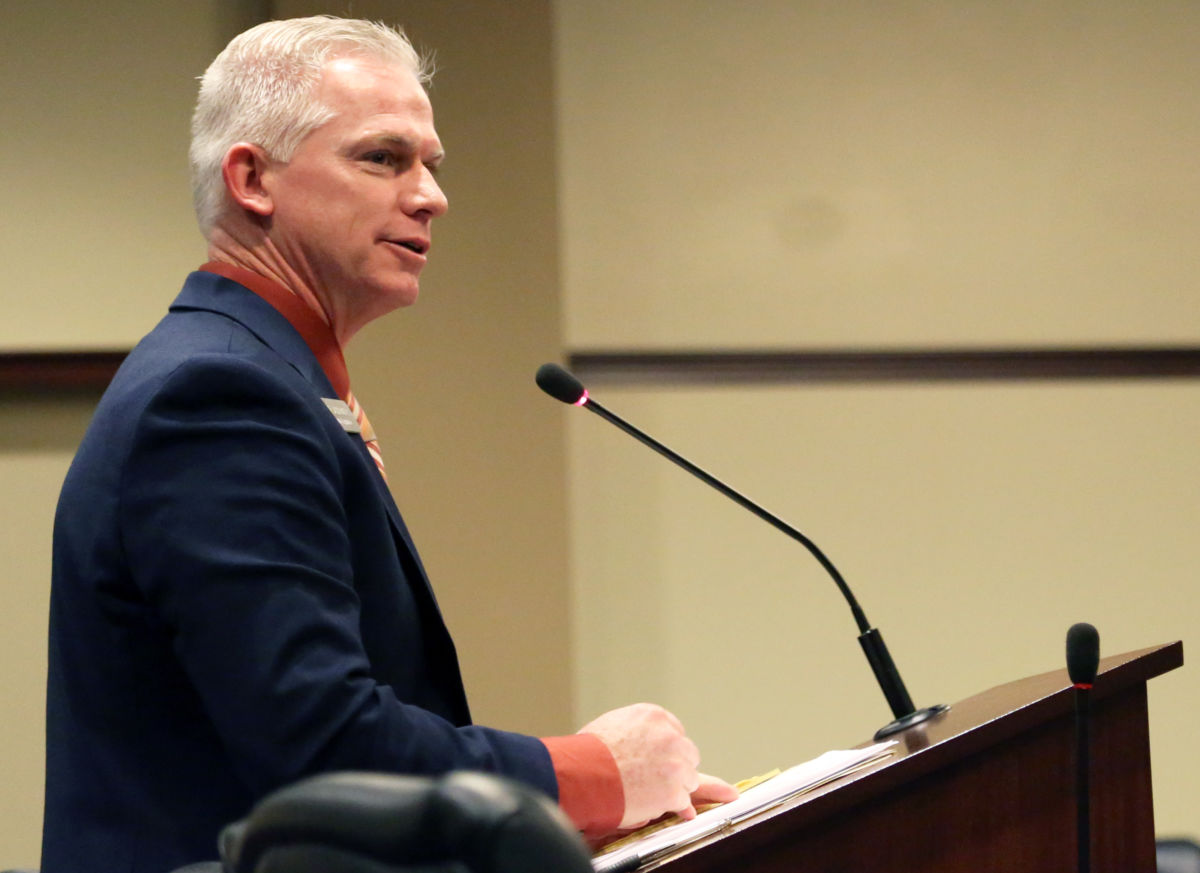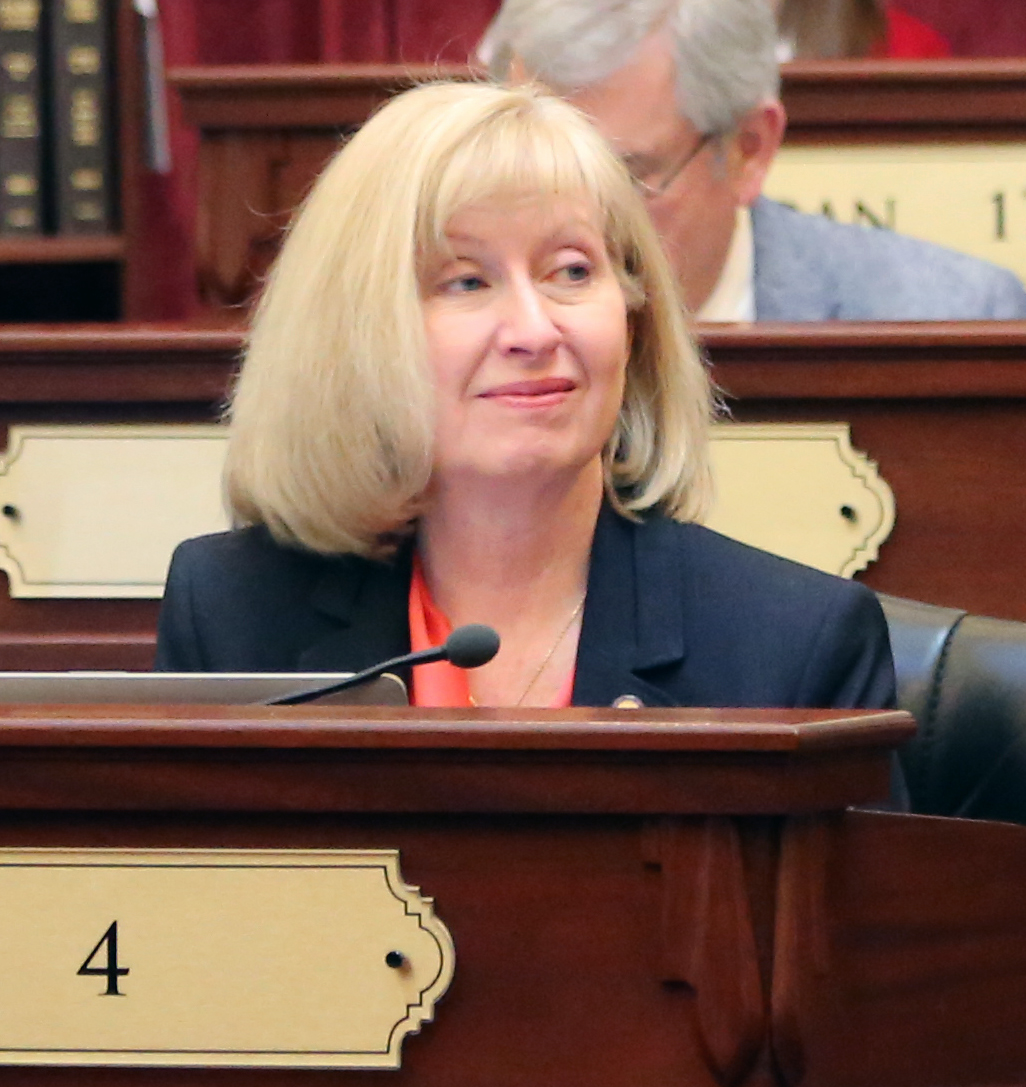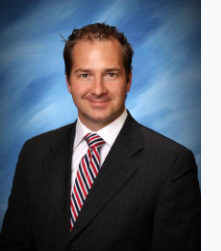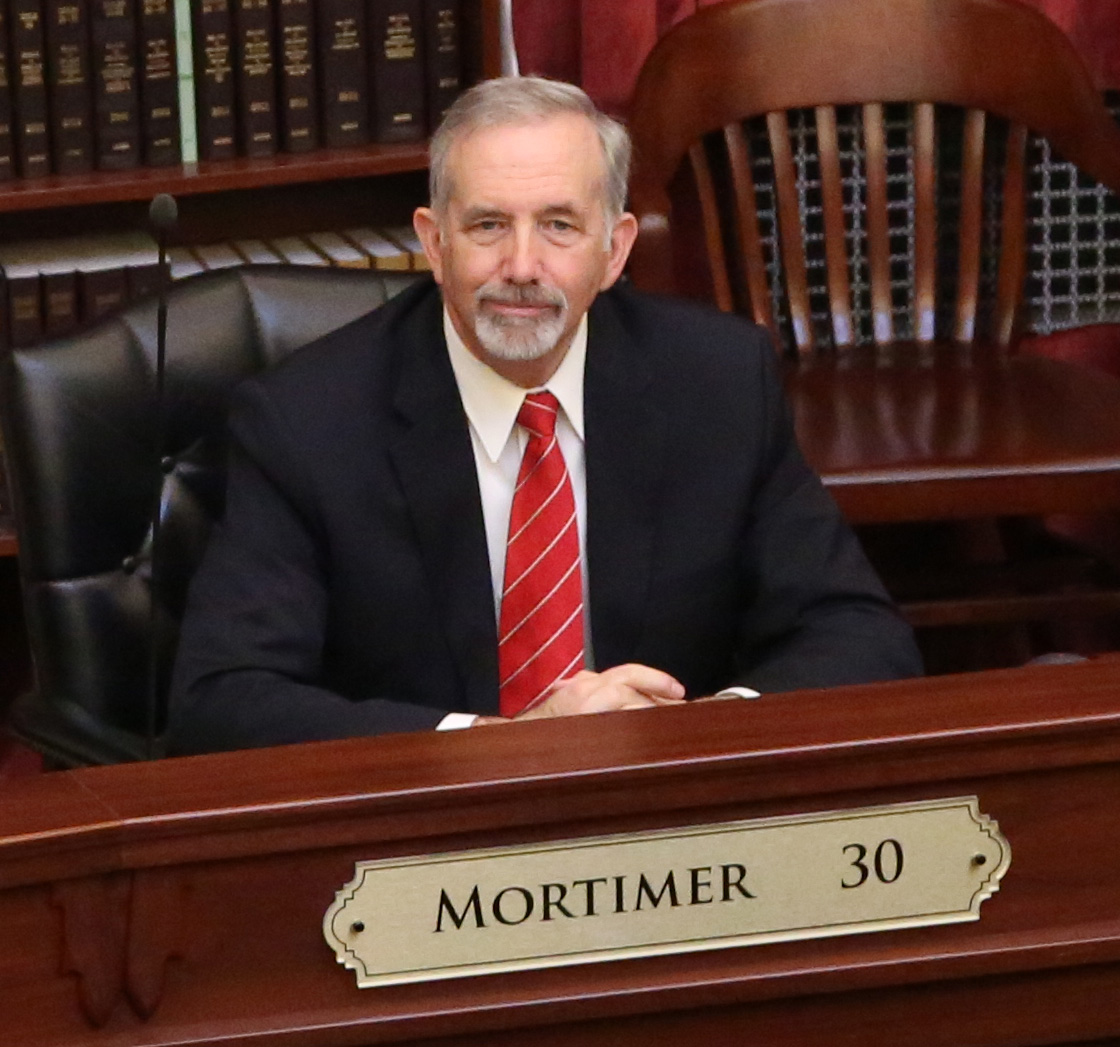The House passed a bill designed to crack down on electioneering on the same day school districts are going to voters seeking $715 million in bond issues and levies.

Rep. Jason Monks’ House Bill 270 prohibits the use of public money or public resources to campaign for or against bond issues or property tax levies.
Most local officials are careful to avoid publicly funded electioneering, said Monks. Still, he said his bill was a needed safeguard to ensure fairness and protect taxpayer resources.
Colleagues peppered Monks with questions — trying to determine what would and would not be considered a misdemeanor violation of a new electioneering law. Critics said such a law would discourage elected officials from speaking out about bonds or levies, and perhaps even dissuade people from running for hard-to-fill elected offices.
Rep. Ilana Rubel, D-Boise, noted the timing of Tuesday’s statewide school elections, and the need for local taxpayer support for education.
“We are throwing tacks in the path of those who go out for that supplemental funding,” Rubel said. “We can’t just keep putting the squeeze on school funding at every single front.”
Despite the questioning, and some vigorous debate, HB 270 passed on a 53-16 vote. Five Republicans — Maxine Bell of Jerome, Lance Clow of Twin Falls, Marc Gibbs of Grace, Clark Kauffman of Filer and Fred Wood of Burley — joined the House’s 11 Democrats in opposition.
The bill now heads to the Senate.
School elections bill sidetracked
A controversial bill to move school board elections was abruptly pulled off the Senate floor Tuesday morning — just as the Senate was poised to vote on it.

Sen. Mary Souza, R-Coeur d’Alene, asked the Senate to send her Senate Bill 1103 back to the Senate Education Committee. The Senate complied with the request.
Souza’s bill would move trustee elections from May in odd-numbered calendar years to November in even-numbered calendar years. Souza says her bill would encourage more voters to cast ballots in school board elections, which are often plagued by turnout of less than 10 percent. Critics say nonpartisan school board races should not share a ballot with races for president, governor or Congress.
The Idaho School Boards Association and the Idaho Association of School Admininistrators oppose the bill.
After pulling the bill Tuesday, Souza issued a statement to Betsy Russell of the Spokane Spokesman-Review, saying “political pressures” have sidelined her bill, at least for the time being.
“This is a good bill for good reasons,” Souza said.
However, the prospects for Souza’s bill are uncertain. The bill still needs to pass both houses in the waning days of the 2017 session.
Senators reject changes to state civics test
After hearing more than 30 minutes of critical comments from educators and students, a Senate committee rejected a rewrite of Idaho’s civics test.

Rep. Bryan Zollinger’s nonbinding proposal would have urged the State Board of Education to add Idaho-related questions to the civics test. Zollinger, R-Idaho Falls, wanted at least 20 percent of test questions focused on Idaho government and history.
Zollinger argued that the Idaho-based questions would reinforce important topics and “create curiosity” about the state.
The resolution easily passed the House a week ago on a 55-14 vote. But the tone was much different in the Senate Education Committee Tuesday afternoon.
Educators said the process of adding questions would be costly and complicated, and said the additional 25 questions would make the test more time-consuming. Two students testified against the idea — including Sarah Bofukya Bode, a Boise student who moved from the Congo to the United States. The students said the questions would simply require them to regurgitate rote facts.
Idaho history is a staple in the state’s fourth-grade curriculum. But the civics exam, based on the U.S. Citizenship and Immigration Service‘s citizenship test, is a high school graduation requirement.
Sen. Steven Thayn, R-Emmett, argued against tinkering with a new graduation requirement, launched in 2016-17. “I don’t want to change something every year.”
On a unanimous voice vote, Senate Education held Zollinger’s bill in committee, killing it for the session.
State doubles down on funding formula committee
The Legislature’s school funding formula committee is back in business for a second year.
The Senate voted to give the committee a second year to recommend changes to Idaho’s complex and delicate formula — the 23-year-old mechanism used to parcel out more than $1.5 billion in state tax dollars each year.
The committee’s second year of work will be costlier than year one. The state could wind up spending $400,000 in 2017-18. Some of this money would go for computer modeling, which the 10-member committee could use to analyze potential changes in the formula, and their effects on schools.

Funding committee members said they hope the costs will come in below the $400,000 mark. But Sen. Dean Mortimer, R-Idaho Falls, emphasized the importance of getting outside help, instead of expecting legislative staff to shoulder the added burden of supporting the funding formula committee.
The committee held its first round of meetings in 2016 — a fact-finding process that included field hearings in Post Falls and Pocatello. The committee could have recommendations in 2018, but in floor debate Tuesday, Mortimer suggested the work could stretch beyond two years.
“I think we’re just getting a good start,” said Mortimer, chairman of the Senate Education Committee.
The Senate’s 33-0 vote represented the final procedural hurdle to pass the “concurrent resolution” re-authorizing the committee. The House already passed this resolution, which does not require Gov. Butch Otter’s signature.
Check back through the day for more updates from the Legislature.
